By Habibatullah Onakpa Abdallah
Kogi State Government has reaffirmed its commitment to eliminating malaria in the State.
State Commissioner for Health, Doctor Abdulazeez Adams Adeiza stated this in a message during the commemoration of World Malaria Day in Lokoja.
Represented by the Permanent Secretary of the Ministry, Mrs. Enehe Dorcas Omeneke, the Commissioner said malaria remains a significant health concern in Kogi State, with a prevalence of 27.7 percent in the general population and sixty percent among children under five years.
The Commissioner emphasized the need for collective action to address the limiting factors that hinder progress towards eliminating the disease.
He urged citizens of the State to adhere to best practices in malaria prevention, including the use of treated nets and seeking medical attention when symptoms arise.
According to him, the State Government has initiated a program offering free testing and treatment for malaria in five hundred and thirty six health facilities across the state, as part of a comprehensive strategy to enhance the healthcare sector.
The Director of Public Health of the Ministry, Doctor Francis Akpa, who emphasized the critical role of environmental management in preventing malaria, stressed the importance of maintaining clean surroundings and eliminating stagnant water sources that serve as breeding grounds for mosquitoes.
Doctor Akpa expressed appreciation for the state government for its support in the training of healthcare workers and case management officers.
In a goodwill message, Doctor Gwomson Dauda of World Health Organization (WHO) commended Kogi State Government for spearheading the World Malaria Day celebration and acknowledged the partnership with Malaria Consortium.
The Kogi State Programme Manager of Malaria Consortium, Doctor Okwulu Andrew Williams expressed gratitude to partners and stakeholders for their support in commemorating World Malaria Day.
The Programme Manager of Malaria, Doctor Stephen Ake called for continued investment, innovation, and collaboration with partners to achieve a malaria-free Nigeria.
Doctor Stephen outlined key strategies for malaria prevention to include environmental health, sanitation and proper water management.



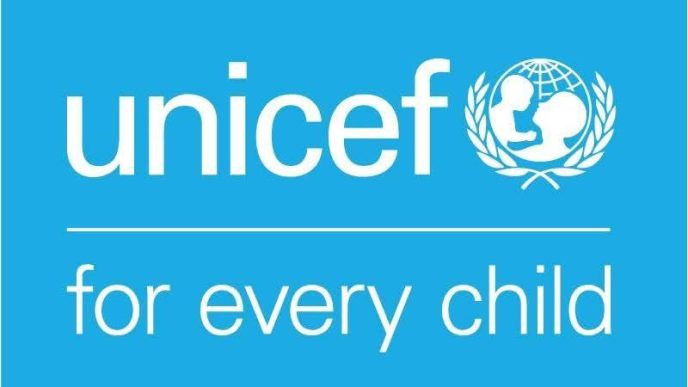
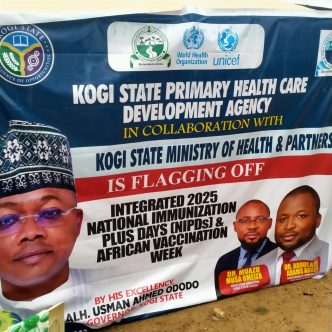
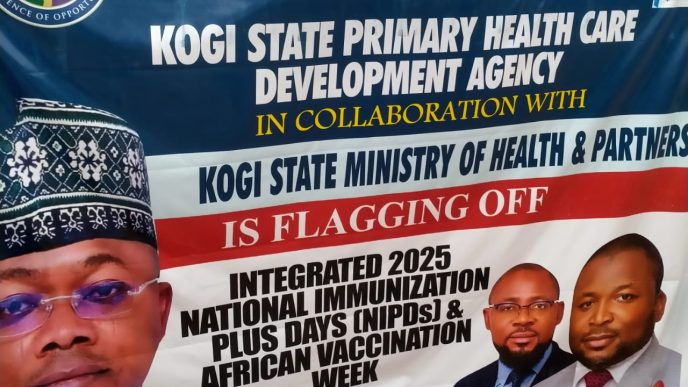
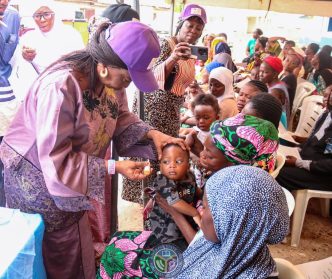
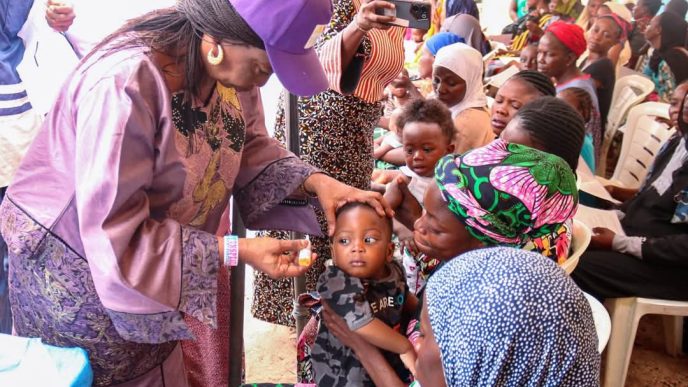

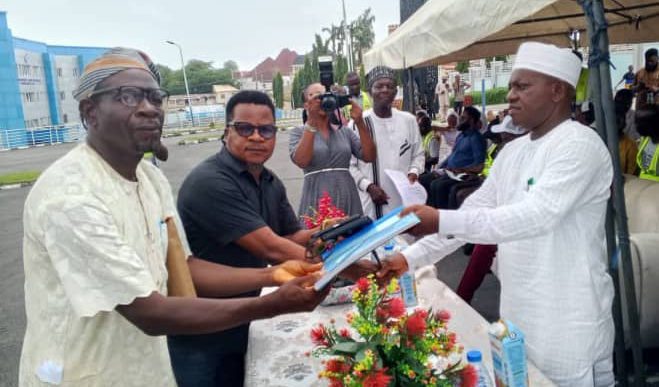




GIPHY App Key not set. Please check settings